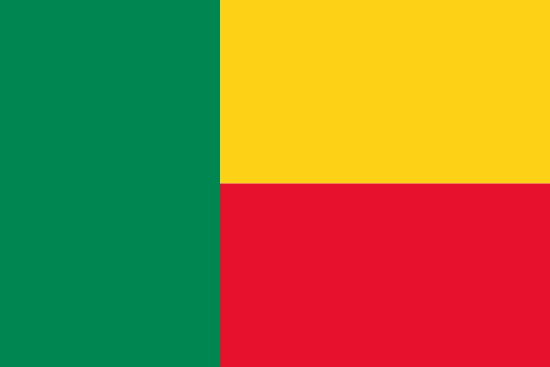
Health Insurance in Benin, Africa
Information expatriation
Capital City: Porto-Novo
Total area: 112,622 km2
Population: 9,033,000
Money: Currency Converter
Time Zone: List of time zones by country
Calling Code: +229 XXX
Practical Information:
Health Product: Travel Insurance and Health insurance
Health Insurance information and Sanitary Risk: World Health Map
BLOG: Expat Health insurance Information
Here is a brief description of the healthcare system in the country:
· Benin has a mixed public-private healthcare system that aims to provide universal access for its citizens.
· The government funds public hospitals and clinics through general taxes and user fees. This system faces challenges due to limited resources.
· Primary care is delivered through public health centers staffed by nurses and community health workers.
· Larger public hospitals in cities provide more advanced care but also struggle with outdated equipment and shortages.
· Private practices and facilities supplement the public system but remain out of reach for most financially.
· Healthcare resources and infrastructure are concentrated in urban areas, leaving rural populations underserved.
· Health issues largely involve infectious diseases, maternal and child health problems and nutritional deficiencies.
· Reforms seek to strengthen primary care, expand health insurance schemes, and develop local medical education programs.
· International aid plays a key role in providing equipment, medicines and assisting with health initiatives.
· Overall health indicators remain low and system capacity is insufficient to meet all the population's needs.
Here are some key health considerations for expatriates living in the country:
· Purchase comprehensive international medical insurance before arriving as the public system is limited.
· Supplemental evacuation policies may be needed in case of emergencies requiring transport abroad.
· Register with local public clinics/hospitals for basic care, but standards can be low.
· Private care is an option but very costly for most. Bring any medications needed.
· Have all routine vaccinations up to date, especially for tropical diseases.
· Only consume bottled, boiled or treated water and thoroughly cook foods.
· Rural areas have far less infrastructure - choose a location near major hospitals if possible.
· Consider medical costs if specialized care unavailable locally is urgently needed.
· Monitor potential impacts of climate, isolation or lifestyle on physical/mental health.
· Learn some basic French medical terms for communicating healthcare needs.
· Register location with your embassy in an emergency requiring evacuation.
· Natural disasters from floods are a seasonal risk - maintain preparedness supplies.
